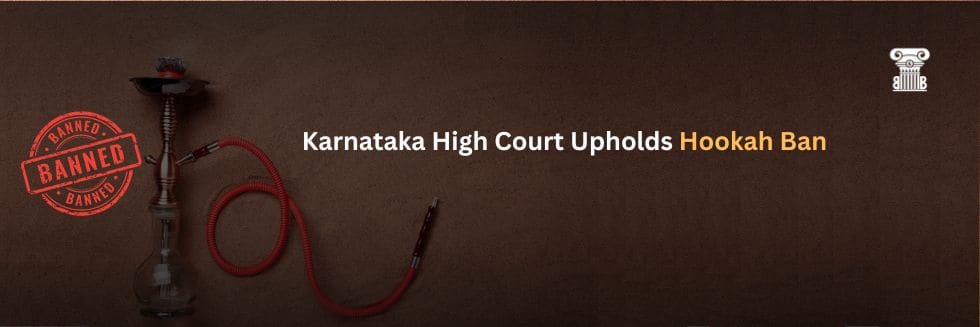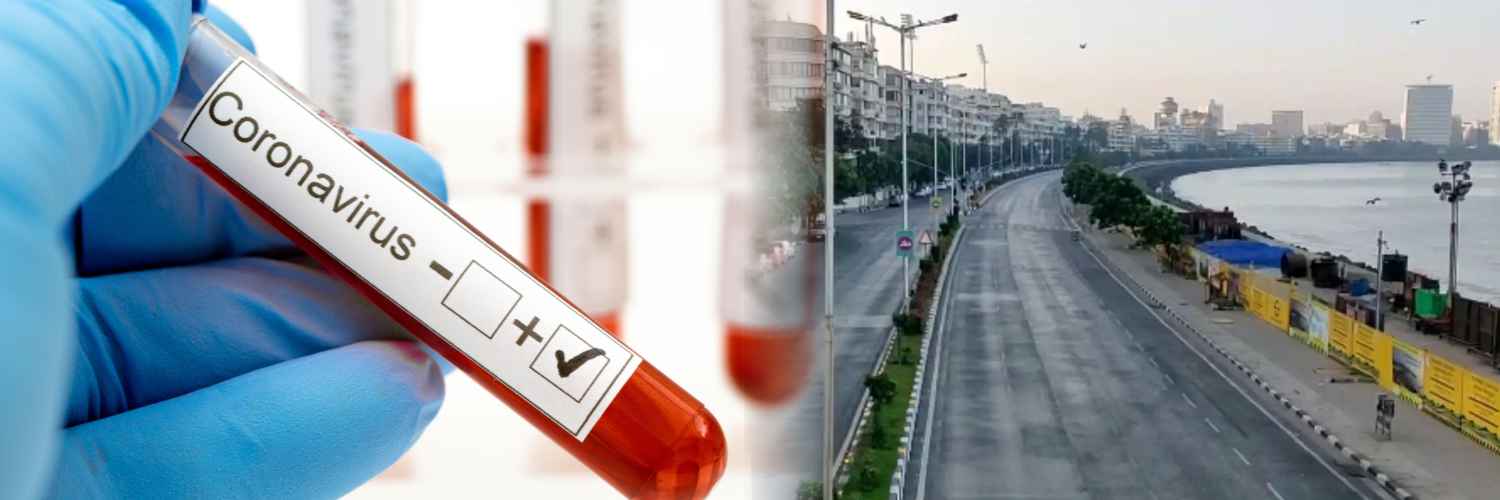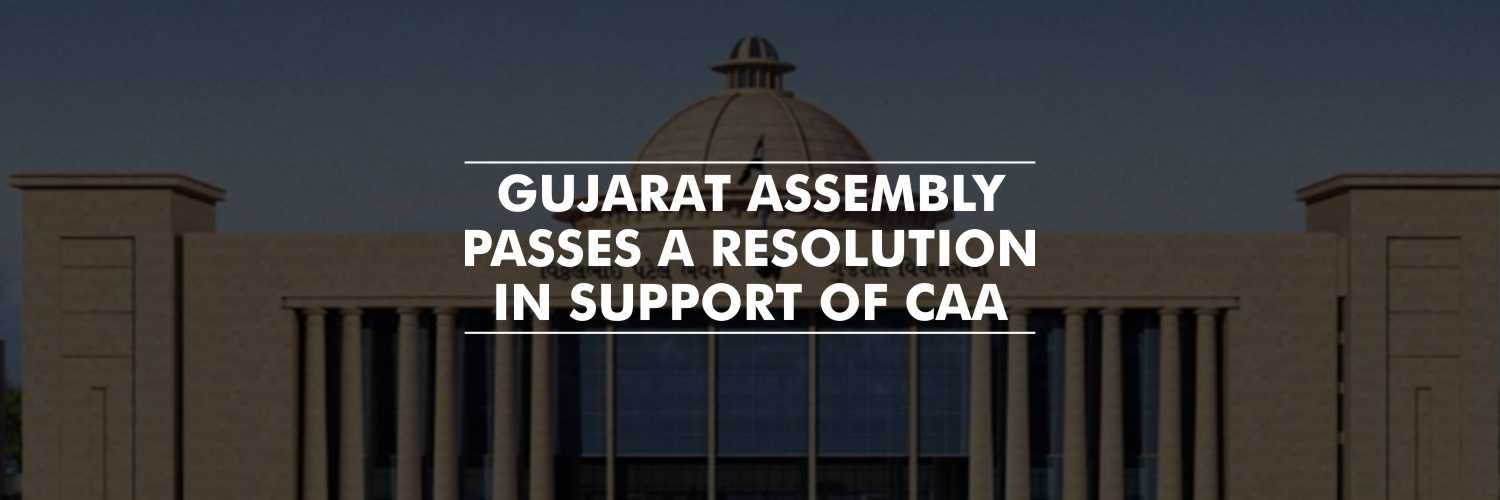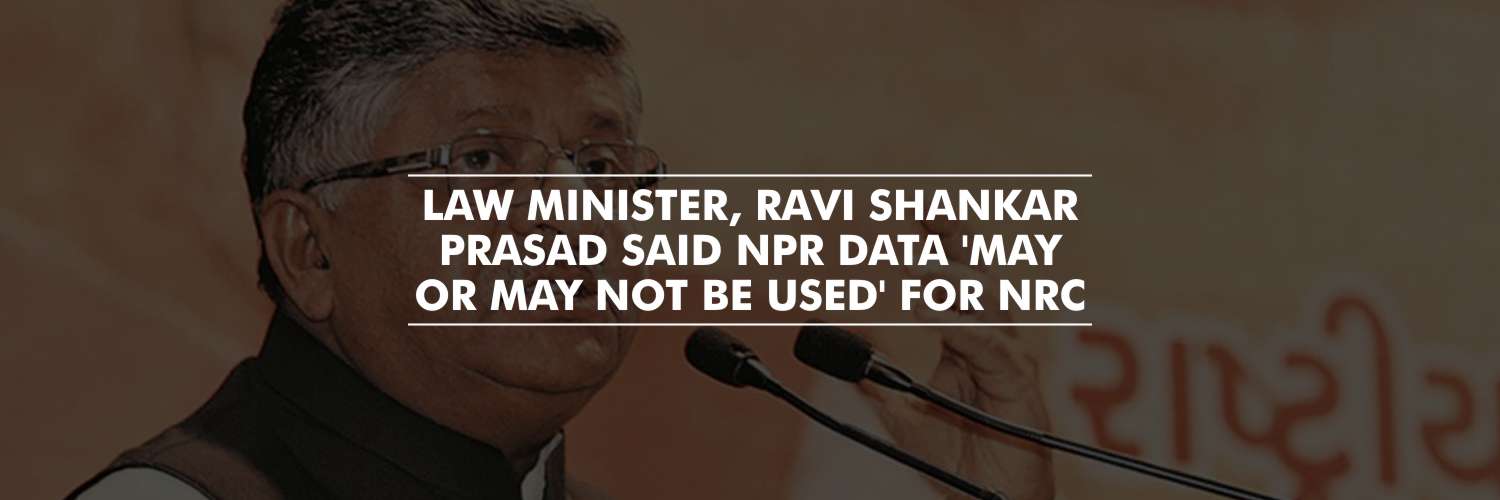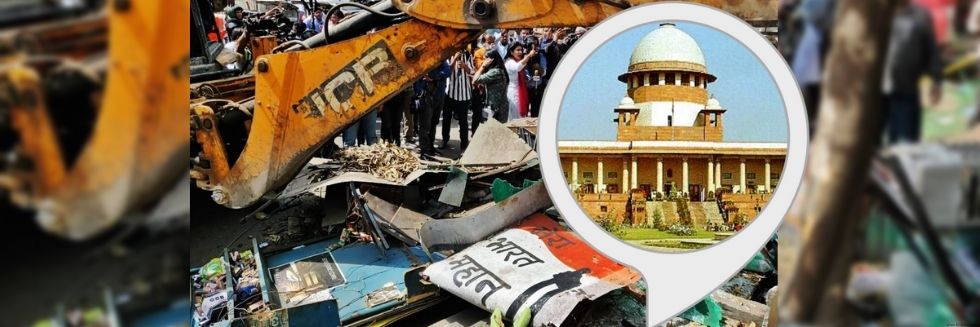In a recent landmark decision, the Karnataka High Court has upheld the state’s ban on hookahs, marking a significant stride towards public health. The ruling was made in the case of R Bharath and others versus the State of Karnataka (2024).
The case emerged when a group of restaurant owners challenged the state government’s notification that imposed a ban on the sale of hookahs in public places. These establishments, which operated as hookah bars, argued against the ban, citing Article 19(1)(g) of the Constitution, which guarantees the freedom to practice any profession or trade.
The High Court, however, based its judgment on constitutional provisions, particularly Article 47 and Article 19(1)(g). The court underscored that these rights are not absolute and can be subject to reasonable restrictions, especially when public welfare is at stake.
Article 47 of the Constitution of India, 1950, mandates the State to elevate the level of nutrition and living standards and to enhance public health. It emphasizes the State’s duty to prohibit the consumption of intoxicating drinks and drugs detrimental to health, except for medicinal purposes.
The State List of the Constitution of India, 1950, also includes relevant entries. Entry No. 6 pertains to public health and sanitation, including hospitals and dispensaries. Entry No. 8 refers to intoxicating liquors, encompassing their production, manufacture, possession, transport, purchase, and sale.
The court’s verdict also extended to the Cigarettes and Other Tobacco Products Act (COTPA), 2003. After examining the provisions of COTPA and its associated rules, the court concluded that providing hookah services falls under the category of prohibited activities. This interpretation aligns with the legislative intent to reduce tobacco consumption.
The court further clarified the term ‘service’ under COTPA regulations. It drew a distinction between the passive act of smoking in designated areas and the active provision of hookah services. The court also underscored the inherent human intervention involved in preparing and serving hookah, likening it to other hospitality services.
The implications of the Karnataka High Court’s verdict on the hookah ban are far-reaching. The ruling sets a precedent for the rigorous enforcement of anti-tobacco laws, prioritizing public health over commercial interests. By affirming the state’s authority to regulate hookah bars and similar establishments, the court has initiated proactive measures to combat substance abuse and safeguard the well-being of citizens.
